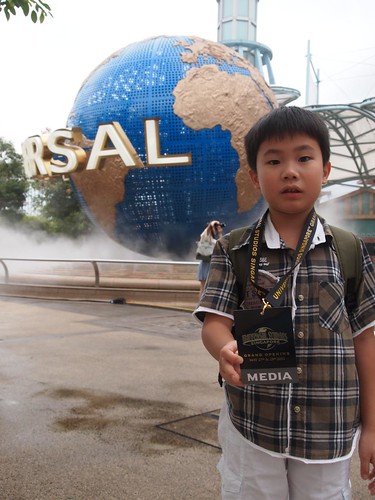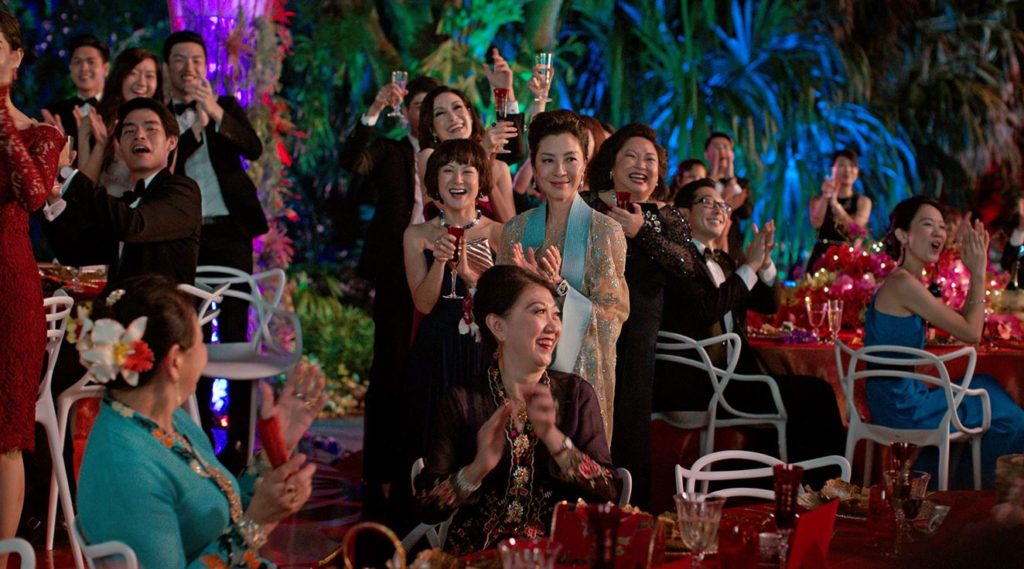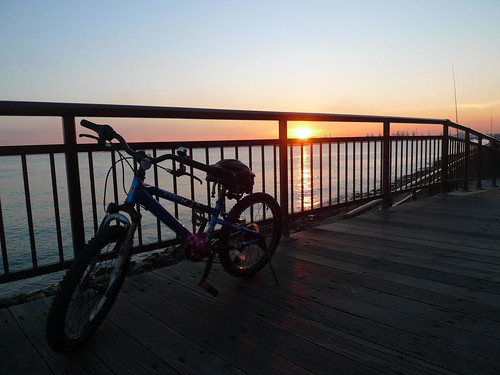
Moose Lake in Mount Robson Park
After a 16 day trip to Canada’s West Coast, principally Vancouver, Kelowna, Banff, Jasper, Kamloops, and the Whistler Mountain, we’ve been touched in so many fabulous ways. There are many wonderful things about this sprawling – its the second largest nation after Russia in terms of area – and northerly country (average annual temperature is 1.5 deg Celcius across the country) but I’d simply focus on 11. Note that I’m speaking as a traveller of course, so my views could be skewed towards the tourist’s gaze. Let’s hope that things will continue to stay this way for Canada, a land of extraordinary experiences.
Fantastic Mountains










